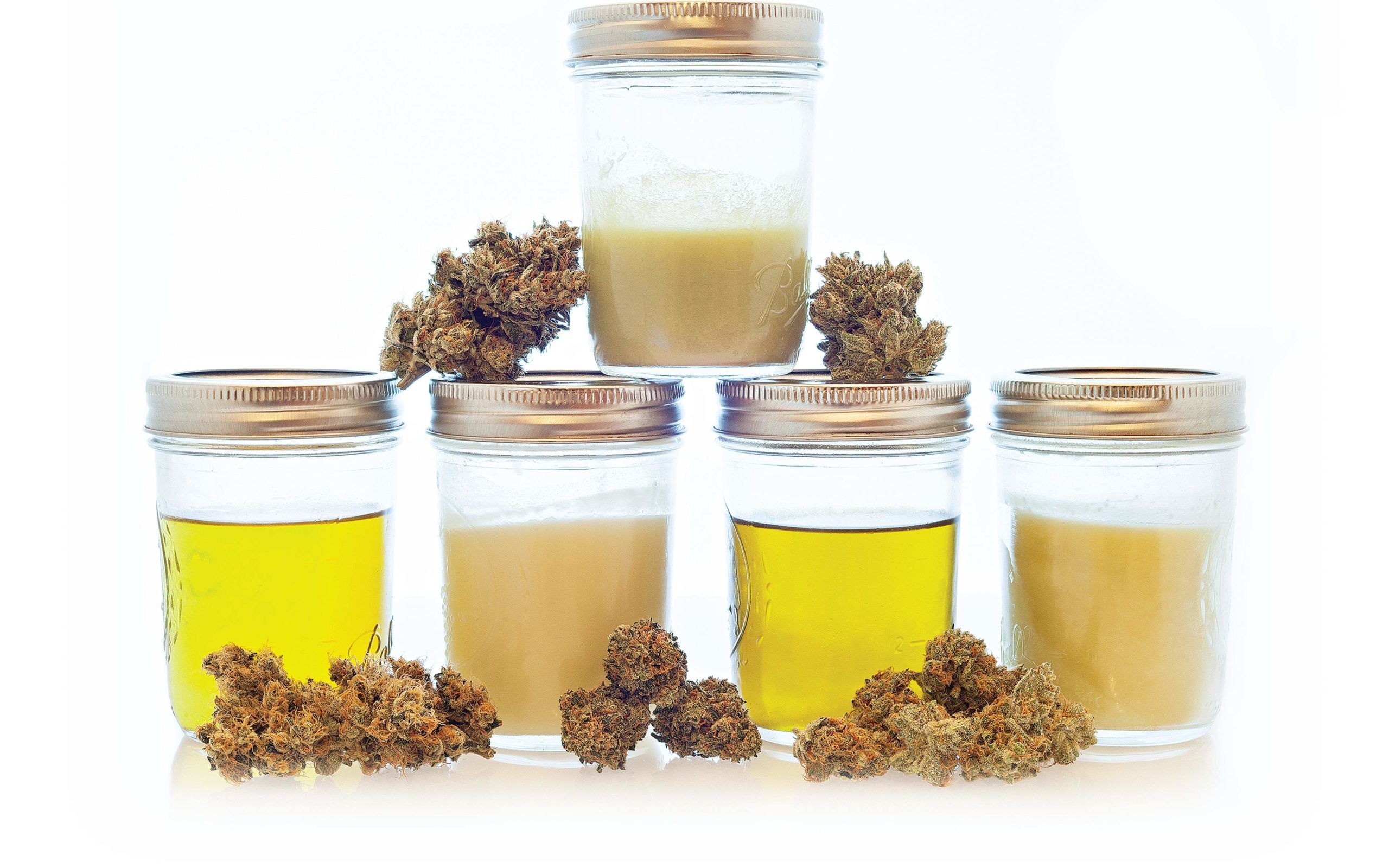As time goes by, more and more people are realizing how beneficial cannabis edibles can be. Edibles provide most of the same advantages as smoking joints or blunts (such as bypassing health risks), but they also come with a few extras. For example, medical marijuana users find them to be much easier on the lungs. Additionally, weed enthusiasts get to experience greater diversity since there are constantly new recipes for foods and drinks being created All in all, it’s no wonder that edibles have become increasingly popular in recent years!
The two most popular types of fat products used by cannabis chefs while cooking are canna-butter and canna-coconut oil. In this article, we will explore the differences between both products and why one might be preferable over the other.
Cannabutter is widely used for making common edibles such as brownies and cookies. It should be noted that Canna-coconut oil has also been used extensively in making different sweet and savory meals to be infused with cannabis. We must investigate both ingredients separately to understand the distinctions between them. This inspection comprise of production methods, positive aspects, negative aspects, and cases where one is more suitable than the other.

A closer look at Cannabutter
Canna-butter is, as the name suggests, butter infused with cannabis extracts. This results in a sweet and unique final product that can be used to make many different types of edibles. It’s important to note that the quality of weed used to make canna-butter is crucial as it will directly affect the quality of the finished product. Therefore, only use high-quality cannabis plant matter when making canna-butter.
Making cannabutter, or cooking cannabis in butter and water, can be done easily at home. The cooking process takes 3 to 24 hours depending on the recipe being used and the type of product desired by the producer. The process of making canna-butter is quite similar to the regular extraction process as cooking the cannabis plant ensures that needed cannabinoids, terpenes, and other beneficial compounds are extracted. While making the butter, it is also important to ensure that the temperature is kept low to simmer. This will prevent burning which would destroy the beneficial cannabinoids needed for desired effects such as a euphoric high or relaxation.
Before cooking the cannabis trims or buds in water and butter, it is important to first decarboxylate the weed. This is done to activate the cannabinoids present in the cannabis trims by converting them from their acidic states into THC and CBD through exposure to heat. By grinding and baking the weed for 30 to 40 minutes at low temperatures, decarboxylation of the weed is done. Doing this helps guarantee that a potent product will be made by the end of production.
A closer look at Canna-coconut oil
The production of canna-coconut oil uses coconut oil because it is packed with benefits for health. These benefits come from the many medium-chain triglycerides found in coconut oil. The body finds it very easy to digest these types of triglycerides and gets energy from them quickly. Canna-coconut oil is quickly and easily processed by the body, which then distributes the nutrients to where they are needed. Coconut oil is used in the production of canna-coconut oil as an alternative to regular fats and oils. This move is very beneficial because studies have shown that coconut oil is useful in heart health and it helps the body burn fat more efficiently.
By cooking cannabis flowers in oil and water for 8 to 24 hours, you can easily produce canna-coconut oil. The length of time largely depends on the recipe used and how potent you want the end product to be. It is essential to maintain a low temperature while cooking as this helps preserve all cannabinoids present. Additionally, it also eliminates any unwanted fats from the final product. Before using cannabis in canna-coconut oil production, it must go through a process called decarboxylation where heat activates all cannabinoid compounds stored within the plant’s trichomes.

Canna-coconut oil vs Canna-butter
Although both canna-coconut oil and canna-butter have their own unique benefits, they also come with a few drawbacks.
Canna-butter, for example, is a breeze to make and therefore goes great with sweet or savory dishes. It’s also beloved by inexperienced ganja gusts just beginning their foray into cannabis cooking because it can be used to easily whip up common edibles like cookies and brownies. Not to mention, canna-butter is quite flavorful. Although it’s cheap and easy enough to get your hands on, one potential downer of this ingredient is its high fat content; which makes it unusable for vegans, those concerned about consuming too much fat, and folks who are otherwise intolerant to dairy products.
Canna-coconut oil has the upper hand in being nutritious and highly beneficial as a cooking oil. Because it is vegan, more people can tolerate it than canna butter. It also contains a good amount of fat and due to THC’s vasodilating property, the product can be used as a lubricator. However, one downside to cannacoconut oil is that it lacks flavor in comparison to canna-butter and harder accessibility.. Also, because coconut oils are expensive, so is this product comparatively speaking.
Before deciding whether to choose canna-coconut oil or canna-butter, it is important to understand the context of comparison carefully. Canna-butter generally leads to a more potent product. It also usually results in a more flavorful product with a special mouth feel. On the other hand, canna-coconut oil has more medical benefits and is therefore very popular among medical marijuana users.
Bottom line
It can be tough to decide whether to use canna-butter or canna-coconut oil in your cannabis edibles. Both have their pros and cons, so it ultimately comes down to what you value most. Make sure you do your research on each before making a decision.

